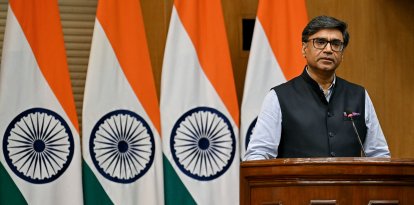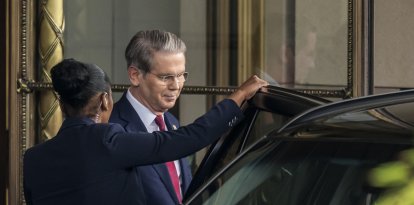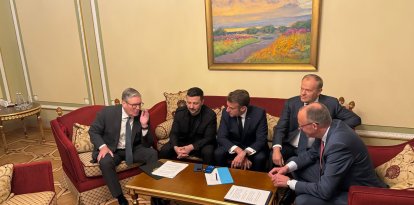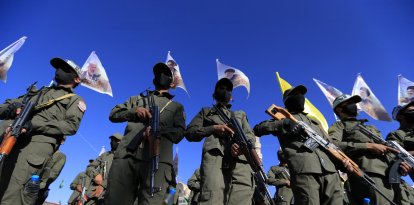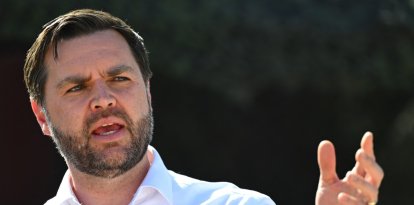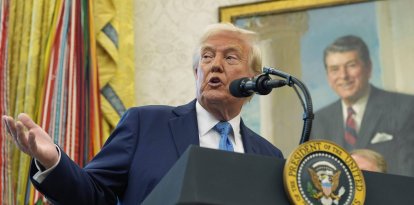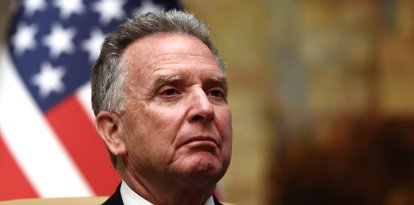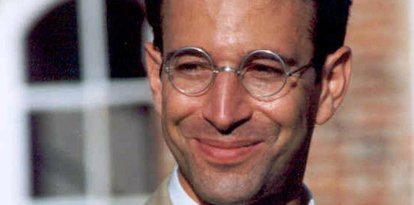Iranian president visits Cuba, Venezuela and Nicaragua to strengthen ties against the United States
The four countries share animosity towards the world's leading power as well as the fact that they are all ruled by dictators.
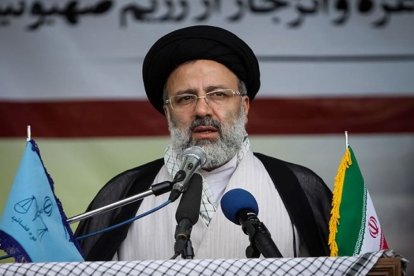
President of Iran, Ebrahim Raisi / Wikimedia Commons
Iranian President Ebrahim Raisi began a tour of the countries allied to the Iranian theocratic dictatorship in the Latin American continent Sunday. Cuba, Venezuela and Nicaragua will welcome Raisi and a "delegation of high-ranking officials accompanying him" to strengthen commercial, political and, of course, military relations. In fact, the only thing that unites these countries is the fact that their main enemy is the United States and that none of their leaders have come into power through truly democratic elections.
In the years when the Trump administration harshly sanctioned the Chavista regime in Venezuela, Nicolás Maduro turned to Iran, as well as Russia, to improve his military capacity and his ailing oil sector. Again, in 2020, during another serious fuel supply crisis in Venezuela, the Venezuelan dictator turned to Iran to buy fuel. In June of 2022, Maduro personally traveled to Iran to meet with Raisi and thank him for the help offered. Relations between Tehran and Caracas have been very close since the time of late Venezuelan President Hugo Chavez (1999-2013) and have strengthened since then.
Arms shipments and direct flights from Tehran to Caracas with Iranian military personnel to support the Chavista army have been constant during the last few years. Numerous Iranian engineers and technicians specialized in the oil industry have also come to Venezuela.
Cuba and Nicaragua
Nicaraguan President Daniel Ortega, one of Iran's main allies in Latin America, has always supported Iran's nuclear program. On several occasions, he has called on Israel to "disarm" in order to avoid a military conflict. In February, the governments of both countries signed an accord on cooperation and public consultations in Managua during the visit of Iranian Foreign Minister Hossein Amir Abdollahian to the Central American country.
The Cuban communist dictatorship and Iran are close political allies, sharing in their support for Venezuela and their animosity towards the U.S. Last year, Tehran and Havana agreed to strengthen their cooperation in technology and food safety during Cuban Deputy Prime Minister Ricardo Cabrisas' visit to Iran. The serious protests that have shaken Iran in the aftermath of the death of a young woman in a police station, arrested for not wearing a hijab, have been considered by the Cuban regime as actions of "terrorists" and "thugs and troublemakers in the service of foreign powers," very similar to how they described those who took to the streets of Cuba on July 11, 2021.
RECOMMENDATION
